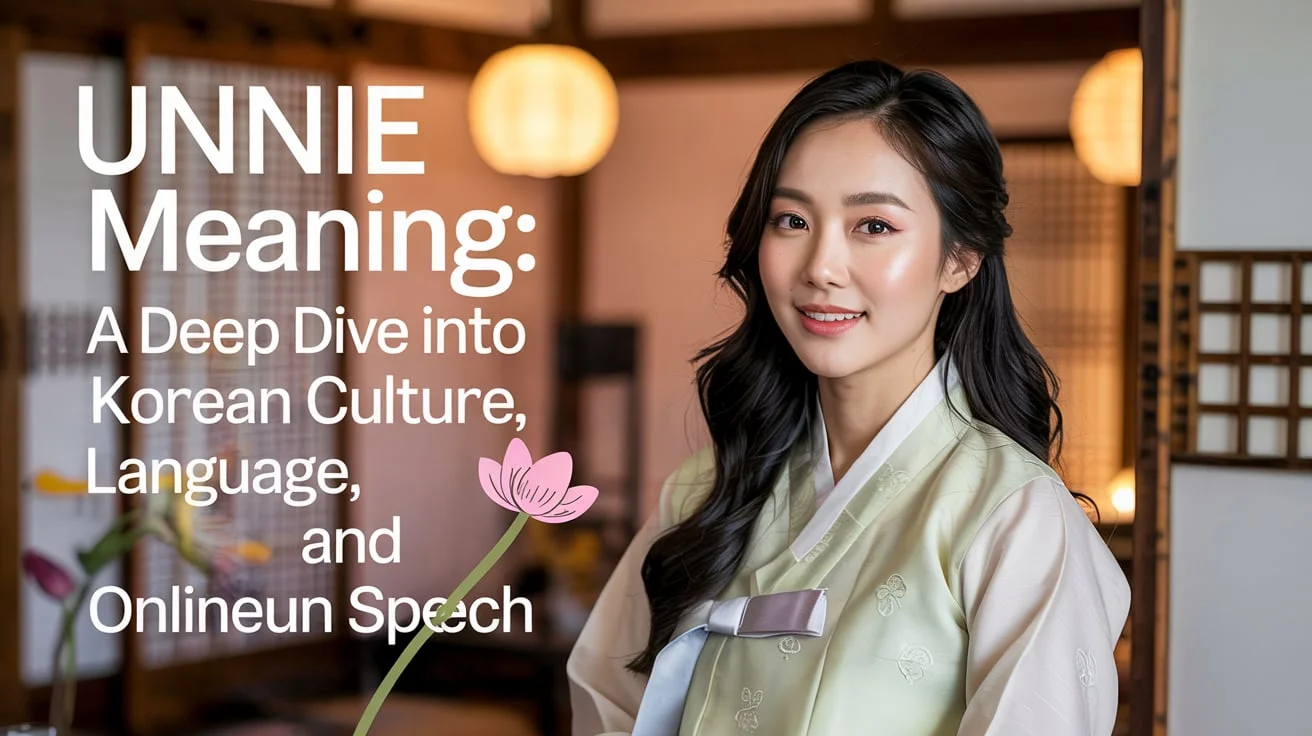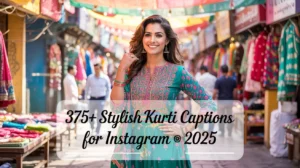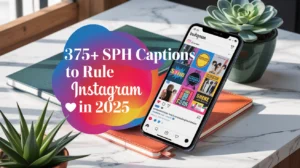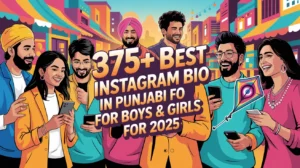If you’ve ever dipped your toes into the world of K-pop, Korean dramas, or Korean culture in general, chances are you’ve come across the word “unnie” (언니). You might’ve heard a character in a drama whisper it affectionately, or seen fans on social media use it while talking to or about female idols. But what exactly does unnie mean—and why is it so deeply woven into Korean communication?
In this article, we’ll break down the true meaning of “unnie,” how it’s used in speech and text, and why it holds such strong cultural weight in South Korea. This isn’t just about translation—it’s about understanding hierarchy, respect, relationships, and how language reflects all of it.
Let’s explore the full picture—from literal meaning to modern usage—and help you use “unnie” authentically and respectfully.
Unnie Meaning in Literal Terms
At its core, “unnie” (언니) is a Korean term meaning “older sister”—but it’s only used by females when addressing or referring to an older female. It’s not a unisex word and doesn’t work in male-to-female conversations.
Breakdown:
- Hangul: 언니
- Pronunciation: uhn-nee (rhymes with “funny”)
- Who uses it? Only women
- Who it refers to: Older women (either actual sisters or close female friends)
So if a younger woman is speaking to her older biological sister or a close older female friend, she’ll call her “unnie.”
🔤 Example in a sentence:
“Unnie, do you want to get coffee after class?”
But that’s just the surface. The term means so much more than just “sister”—because in Korean culture, age isn’t just a number—it defines how you speak to others.
Cultural Context: Why Age Hierarchy Matters in Korea
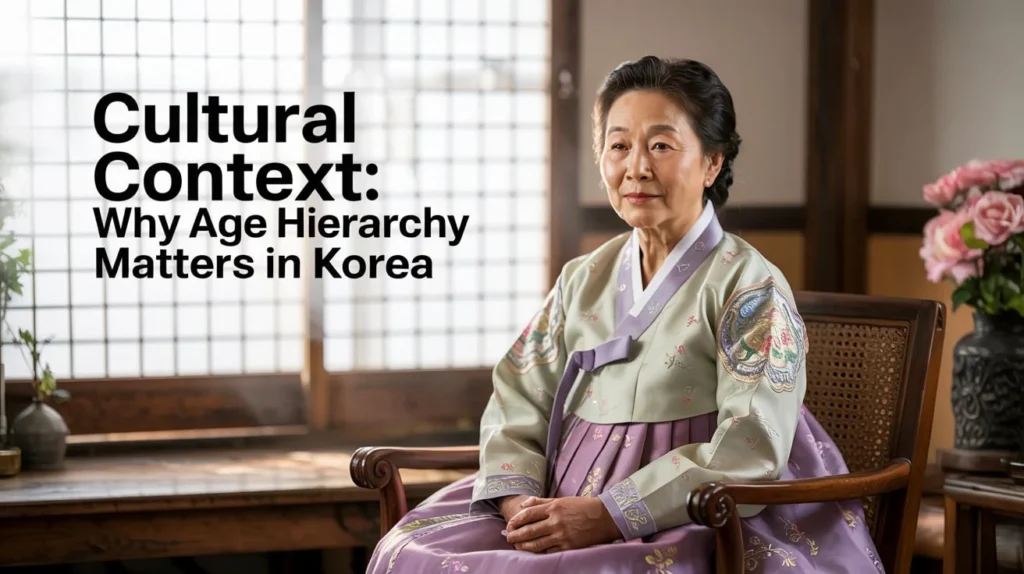
Korean society places high importance on age-based hierarchy. Every interaction—whether it’s with family, friends, coworkers, or strangers—depends on who’s older and who’s younger. This affects not only titles and terms of address but also grammar, body language, and even seating arrangements.
Why does this matter for “unnie”?
Because “unnie” isn’t just about age—it’s about respect, closeness, and social roles. Using it implies:
- You are acknowledging the other woman is older.
- You feel close enough to call her something informal.
- You respect her experience or seniority.
In Korean culture, people commonly ask each other’s age when first meeting—not to be nosy, but to determine proper speech levels and address terms.
Common Age-Based Korean Titles (For Reference):
| Term | Used By | Refers To | Gender Rule |
| 언니 (unnie) | Female | Older female | Female-to-female |
| 오빠 (oppa) | Female | Older male | Female-to-male |
| 형 (hyung) | Male | Older male | Male-to-male |
| 누나 (noona) | Male | Older female | Male-to-female |
Understanding this structure helps explain why “unnie” has such strong emotional resonance in conversations. It’s tied to how people connect in a deeply hierarchical but affectionate culture.
How “Unnie” Is Used in Daily Speech
In casual Korean speech, “unnie” plays a huge role in both identity and intimacy. When a girl calls someone “unnie,” it’s a mix of:
- Acknowledging respect
- Expressing trust
- Showing emotional closeness
It’s commonly used among:
- Sisters
- Female friends with a slight age gap
- Female coworkers in informal settings
- Peers in school or college
🎙️ Real-life Example:
“Unnie, I love your outfit today. Where did you get it?”
The word can carry different tones—from cute and whiny to serious and respectful—depending on context.
Things to Note:
- Korean girls often use it to build bonds with older girls.
- Tone of voice and setting affect how it’s perceived.
- You wouldn’t use “unnie” for a much older woman in a formal setting; instead, a professional title is used.
“Unnie” in Texting and Social Media
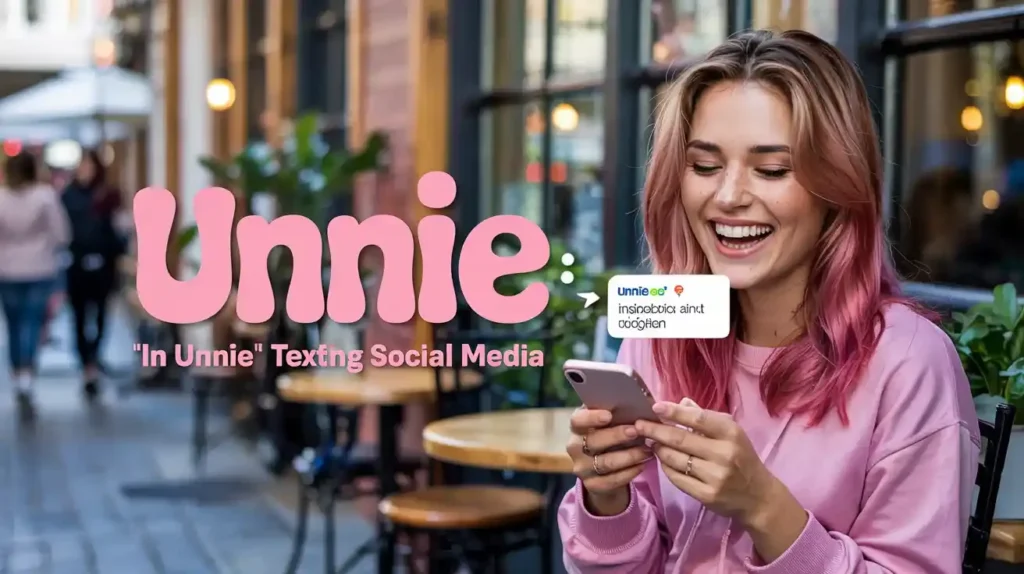
In written conversations, like on KakaoTalk, Instagram, or TikTok, “unnie” shows up in various forms. Its romanization varies based on phonetics and user preference.
Common Spellings in Roman Letters:
- Unnie
- Eonni
- Unni
All are valid, though “unnie” is most popular globally due to its phonetic closeness to how it sounds.
Examples in Text:
- “Unnie 😍 you looked amazing on stage today!!”
- “Thanks, unnie~ 💕 I’ll call you later!”
It’s also used with emojis and tone markers to express:
- Admiration
- Affection
- Excitement
You’ll frequently see international K-pop fans use “unnie” to comment on idols’ social media—even if the fan isn’t Korean.
“Unnie” in K-pop and K-drama Culture
One of the biggest drivers of “unnie” going global is K-pop.
Female fans around the world use “unnie” when referring to their favorite older female idols—especially in girl groups like BLACKPINK, TWICE, or Red Velvet.
In K-pop Context:
- Fans use it to show closeness, admiration, and love.
- Even though the idols don’t personally know them, using “unnie” feels like emotional bonding.
- It’s part of fan lingo and parasocial dynamics.
👩🎤 Example:
A teenage fan calling Lisa from BLACKPINK “Lisa unnie” in a comment or fan letter.
In K-dramas, the term is often used by female leads to refer to best friends, sisters, or older women they’re close to. It’s often spoken with affection, sass, or even jealousy—depending on the mood of the scene.
K-Drama Moments:
- Emotional hospital scenes: “Unnie, please wake up…”
- Fights between siblings: “Why do you always act like that, unnie?”
It’s a loaded word—full of emotional weight.
When Not to Use “Unnie”
Just because the word is common doesn’t mean anyone can toss it into conversation without thinking. Using it wrong can come off as awkward, forced, or disrespectful.
Avoid These Common Mistakes:
| Mistake | Why It’s Wrong |
| A man using “unnie” | Gender mismatch |
| Calling a stranger “unnie” in formal setting | Too familiar |
| Using “unnie” for a younger woman | Makes no sense |
| Foreigners using it casually without understanding context | Feels forced or disrespectful |
Unless you’re female, younger, and have a somewhat informal relationship with the person, it’s better to avoid using the term until invited to.
Spelling Variations and Romanization
There’s no single “correct” way to spell “unnie” in English letters because Korean doesn’t use the Roman alphabet. That’s where Romanization systems come in.
Romanization Options:
- Unnie – Most common in fandoms
- Eonni – Official Revised Romanization by the Korean government
- Unni – Informal variant
Each version is simply a phonetic approximation of 언니, but all refer to the same word.
| Spelling | Where It’s Common | Notes |
| Unnie | K-pop fandoms, social media | Friendly, casual |
| Eonni | Language learners, textbooks | Formal Romanization |
| Unni | Informal chats, fan forums | Cute variant |
Comparison With Similar Korean Terms
Korean has several terms for addressing older people based on your gender and theirs. Here’s how they compare to “unnie”:
| Term | Used By | Refers To | Common In |
| Unnie (언니) | Female | Older female | Friends, siblings |
| Oppa (오빠) | Female | Older male | Romantic or friendly contexts |
| Noona (누나) | Male | Older female | Friendly, sibling settings |
| Hyung (형) | Male | Older male | Informal male bonds |
Each one is a building block in how Koreans show respect, intimacy, and status in daily life.
Global Use of “Unnie” and Cultural Adoption
As Korean culture spreads worldwide through K-dramas, K-pop, and Korean influencers, more non-Korean people use words like “unnie” in daily speech.
Why It’s Popular:
- Shows connection to Korean culture.
- Expresses affection for K-pop idols.
- Sounds cute and unique.
But Be Mindful Of:
- Cultural appropriation vs appreciation. Always learn before using.
- Use it in context, not as a trend or joke.
- Know when not to use it in real conversations with native speakers.
💡 Tip: Watch Korean dramas with subtitles. Listen to how and when “unnie” is used. That’s the best way to learn its natural rhythm.
Final Thoughts: Unnie Is a Cultural Key
“Unnie” is more than just a word—it’s a cultural compass. It guides how Korean women talk, relate, and show respect in everyday life. From heartfelt K-drama scenes to Instagram fan comments, the word weaves through both serious and playful moments.
If you’re learning Korean or immersing in K-culture, understanding “unnie” helps you connect more deeply—not just with the language, but with the values behind it.
FAQs About “Unnie”
Q: Can I use “unnie” if I’m not Korean?
A: Yes—but do it respectfully, and only if you’re female and speaking to an older female, ideally in an informal or fan-based context.
Q: Is “unnie” romantic?
A: Usually, no. It’s used platonically between women. Romantic overtones are more common with “oppa.”
Q: How do I know which spelling to use?
A: Use “unnie” in casual/fan spaces. Use “eonni” for academic or language learning.
Bonus: Learn Basic Korean Honorifics Table
| Title | Who Says It | Used For | Notes |
| 언니 (unnie) | Female | Older female | Close, informal |
| 오빠 (oppa) | Female | Older male | Often romantic |
| 누나 (noona) | Male | Older female | Informal |
| 형 (hyung) | Male | Older male | Brotherhood |
| 선배 (sunbae) | Junior | Senior in school/work | Formal settings |
| 후배 (hoobae) | Senior | Junior | Less common in speech |

